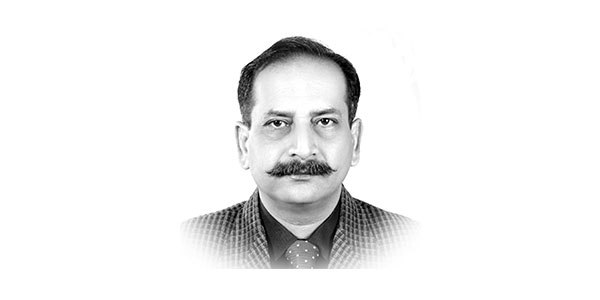Education for transgender people
The struggle for transgender education in Pakistan
Usually, a transgender has to pass through a continuous series of trials and tribulations, hardships, and hurdles of social, emotional, and economic nature throughout his or her life.
The story of pains and sorrows starts with the moment when the family of a transgender rejects to accept him or her as a member of the family; that is the time when the transgender has to leave his or her family forever.
The agony of a transgender could be imagined by the statement of Saro Imran, a transgender youth advocate and social entrepreneur for the rights and empowerment of transgender people.
She lives in Multan, Pakistan. Her statement was included in a report on transgender people prepared by the UN Human Rights Commission.
She said, “I was 15 when I told my family about my gender identity. I felt a sense of relief when I came out to my family because I didn’t have to live my life in secret anymore.
For many young transgender people, the reaction isn’t as positive when they reveal their gender identity to their families, friends, and community.
” The same report of the UN Human Rights Commission has documented widespread discrimination and stigma against trans people in the health sector, schools, employment, and housing, as well as in accessing bathrooms and lack of recognition of their gender identity and made recommendations to governments on steps to take to better protect the rights of trans people.
The World Population Review says, “Transgender is a term used to describe people whose gender or sense of personal identity does not match the sex they were born with.
In other words, a transgender person may have been born as a male but identifies as a female or vice versa.” Trans-genders are basically of two types; transmen and transwomen.
According to an estimate, in every 30,000 people one person is a transwoman and in every 100,000, people one person is a transman.
According to the Williams Institute, 1.4 million adults are identified as transgender in the United States.
In Pakistan the estimated population of transgender people was somewhere around 300,000, in 2019; now in 2022, the number must have soared upward with an increase in the general population.
Transgender Persons Act 2018
In 2011 the transgender community of Pakistan was given the right to vote and in 2018, Parliament passed the Transgender Persons (Protection of Rights) Act which established broad protections for transgender people and the community was recognized as a separate category in the national census.
According to a report published in Al Jazeera, the Transgender Persons Act gives every citizen the right to self-identify as male, female, or a blend of both genders, and to have that identity registered on all official documents, including national identity cards, passports, driving licenses and education certificates.
Al Jazeera writes in the report, “ The law guarantees citizens the right to express their gender as they wish, and to a gender identity that is defined as “a person’s innermost and individual sense of self as male, female or a blend of both, or neither; that can correspond or not to the sex assigned at birth”.
The said Act, no doubt, blessed the Transgender people in Pakistan with fathomless courage and confidence.
Today they are living a better life with better opportunities of playing a more active role in society.
Just a decade back the trans-people had no other source of income but begging in markets, and singing and dancing at local rather domestic birthday and marriage functions.
Now they are in a better and safer position in Pakistan and this visible change is simply the outcome of the extraordinary interest taken by the government of Pakistan in transgender affairs.
Last year, the Government of Pakistan took a revolutionary step by opening specific schools for transgender people.
The first school in this context opened in Multan commonly known as the ‘City of the Saints.
At the opening ceremony, the representatives of the Punjab Education Department hoped that the school would help the transgender youth get better job opportunities in their future life.
According to the media reports, on opening day, 18 students enrolled. Now the number of students there has increased many times. This school for transgender people is offering classes from grade 1 to grade 12.
Different social activists and the representatives of the transgender community appreciated this act of the Government of Pakistan and hoped that more schools for the transgender community would be opened all over the country soon in the near future.
Now it is the need of time that all government organizations and businesses concerned, the NGOs must encourage educated transgender people by creating job vacancies for them.
The talent of educated transgender people could be very easily utilized in the field of Information Technology, Hotel business, Teaching, and even Marketing.
It is encouraging that Pakistan is one of the few countries where a lot is being done for the betterment of the transgender community. However, the reality is that internationally such positive activities of Pakistan are never admired and acknowledged.
Pakistan is blamed for the promotion of terrorism, and extremism, and for human rights violations and money laundering. The positive side of Pakistan’s face is never brought to light.
Such cruel injustice does nothing but promotes hatred. On one hand, blaming and defaming Pakistan and on the other hand, expecting the most sublime attitude is something illogical rather foolish.
—The writer is the Principal of a Government College and a senior columnist, based in Multan.
Transgender Education In Pakistan – What Is It?
JUI-F moves Shariat Court against the transgender act










